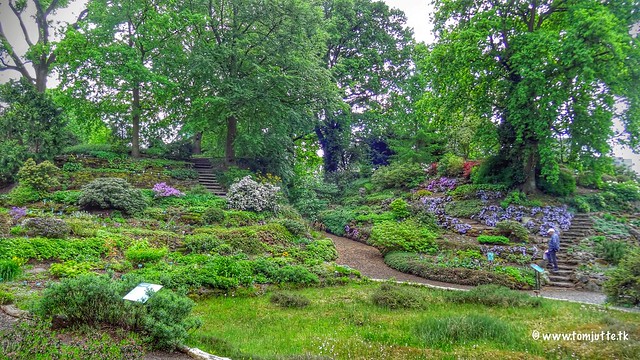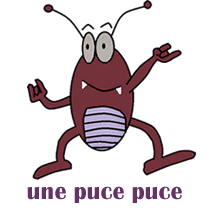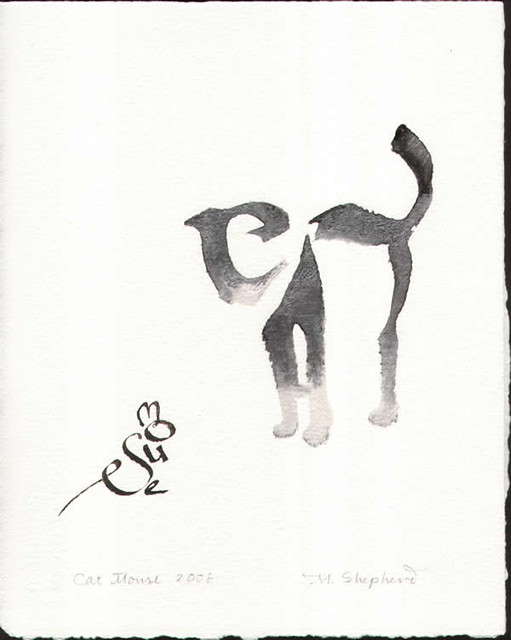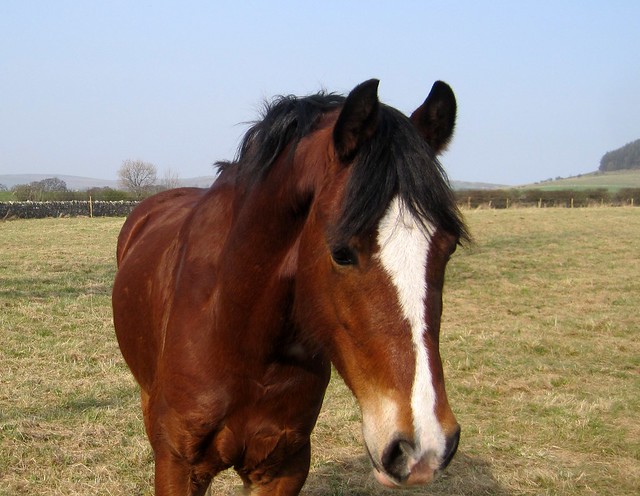Today while looking into the origins of the Dutch word for pencil – potlood [pɔt.loːt] – I found some interesting connections to words other languages.
Potlood also means crayon, and comes from pot (jar, pot) & lood (lead, plumb bob). Apparently it was originally a name for graphite, and was used for glazing pots, but was misidentified as a form of lead [source].
Other words featuring pot include:
- potloodetui = pencil case
- potloodslijper = pencil sharpener
- bloempot = flower pot, planter
- doofpot = cover-up (“deaf pot”)
- potdoof = stone deaf, completely deaf
- fooienpot = tip jar, stock pot
- kookpot = cooking pot, saucepan, cauldron
- stamppot= stew, mash, stamppot (a traditional Dutch dish made of potatoes mashed with one or several vegetables)
Lood comes from the Middle Dutch lôot (lead), from Old Dutch *lōt, from Proto-Germanic *laudą (lead), from the Proto-Celtic *loudom (lead), ultimately from the Proto-Indo-European *plewd- (to fly, flow, run) [source].
For the same Proto-Celtic root we get luaidhe, which is lead in Irish and Scottish Gaelic, leoaie (lead) in Manx, the English word lead, and related words in other Germanic languages [source].
Words for lead in Welsh (plwm), Cornish (plomm / plobm) and Breton (plom), come from the Latin plumbum (lead (metal), lead pipe, pencil), which is also the root of the English words plumb, plumber and plumbing [source].
A plumber in Dutch is a loodgieter [ˈloːtˌxi.tər] and plumbing is loodgieterswerk – a gieter [ˈɣi.tər] is a person who pours, e.g. a caster, or a watering can, so a loodgieter is someone who pours lead or a lead caster [source].










